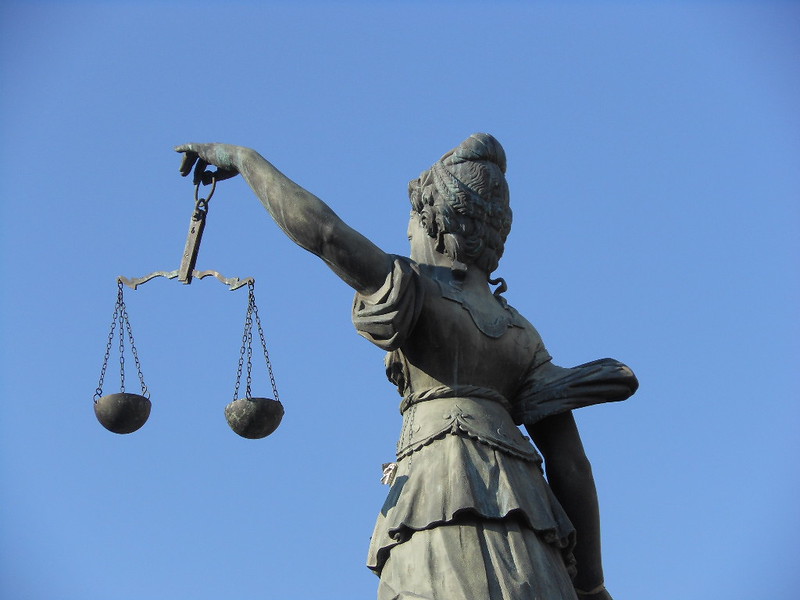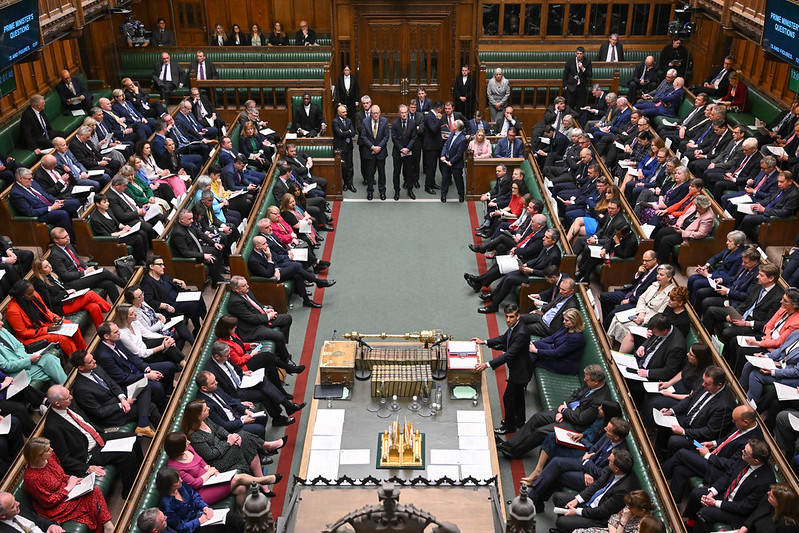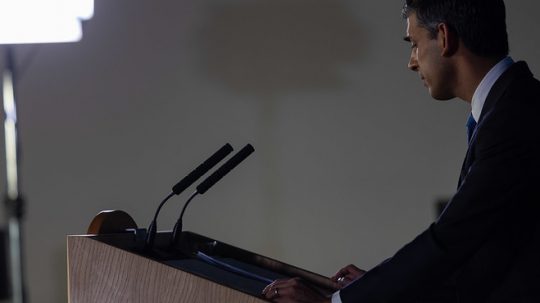Misinformation and poor rhetoric surrounding the ECHR has led to it being called a ‘foreign court’, tying in Brexit sentiment and proposals to withdraw from it have become a real threat. However, this ‘foreign court’ isn’t opposing the UK, it is there as a safety net should residents need it – a safety net that was assembled by british conservative politicians after the second world war.
Withdrawing from the ECHR would be ‘un-conservative’
In the last year the ECHR has been met with negative rhetoric such as being likened to a ‘foreign court’, ‘un-british’ and even referring to human rights lawyers as the ‘enemy of the people’. Whilst the highly controversial Rwanda policy has been at the centre of these statements, it has been a policy that split the bench – which isn’t a surprise given that the ECHR was in-large drafted by conservative politicians following World War 2.
It is precisely that mechanism of accountability provided within the framework of the ECHR, which is provoking the threat from certain political quarters, including Prime Minister; Rishi Sunak himself – who has stated countless times, that he will not let ‘foreign courts’ interfere with British politics. As a result, threats to withdraw from the ECHR are as real as ever.
The ECHR doesn’t interfere: it protects
The issue, of course, surrounds the UK Government’s contentious plan to deport illegal asylum-seekers to Rwanda. The ECHR previously issued an injunction in June 2022 to stop the Government from carrying out deportations on flights to the African country.
The ECHR’s decision wasn’t an overreach, wasn’t a retaliatory act of European interference in British politics, it was a judiciary act of upholding human rights concerns. That is precisely the rationale for the UK’s existence as a member of the ECHR, not the basis for calling our very membership into question.
It cannot be that the UK elects to leave an important legislative body simply because the political incumbents of the day are prevented from doing something they want to do, which is judicially determined to pose a human rights risk. That is the essence of accountability. That is the reason why international courts are in place.
Leaving the ECHR over a single issue would also risk jeopardising other instances within which the instrument of the ECHR is already acting to preserve human rights concords, such as the Good Friday Agreement.
The Good Friday agreement relies on the ECHR
The Good Friday Agreement is a concord between political organisations across the nationalist and unionist divide in the island of Ireland, signed during April 1998. It brought an end to the Troubles, by initiating power-sharing in a newly-formed, devolved government for Northern Ireland.
The agreement includes a clause that any primary legislation passed by the Northern Ireland Assembly adheres to the ECHR.
The agreement reads as follows: “The British government will complete incorporation into Northern Ireland law of the European Convention on Human Rights, with direct access to the courts, and remedies for breach of the Convention, including power for the courts to overrule Assembly legislation on the grounds of inconsistency.”
There was political furore over the constitutional implications for the Good Friday Agreement because of Boris Johnson’s Northern Ireland Protocol. Unionists were concerned that Johnson’s trade accord didn’t afford Northern Irish business the same unfettered access to domestic markets, as other parts of the UK, undermining the Good Friday Agreement. The same issue could repeat itself here – should the UK withdraw from the ECHR.
Five of the seven Democratic Unionist Party (DUP) MPs abstained from the vote on division 130, a vote establishing disagreement with the House of Lords’ amendment to the Safety of Rwanda bill, in part so that a monitoring committee be established to oversee the policy.
The ECHR underpins the Good Friday Agreement
However, the sizeable DUP abstention around shooting down the Lords’ concerns, represents the possibility of discord were we to leave the convention, especially given diplomatic tensions are already playing out between the Irish Government and the UK Government over the refugee crisis.
There is a degree of accountability in making sure that we do not jeopardise the Good Friday Agreement once more, by leaving the ECHR. Sir Robert Buckland, Conservative MP and chair of the Northern Ireland Affairs committee, defended the ECHR, in the wake of calls to withdraw – He was one of two Conservatives to vote against division 130.
Buckland cited the importance of the convention in upholding the Good Friday Agreement:“The ECHR underpins the very fabric of the Good Friday/Belfast Agreement,” Buckland said.
Accountability can take on many different forms. Membership to the ECHR makes us accountable for our present and future actions, but it also makes us accountable to the past. That means ensuring that there is no democratic deficit once more between the Irish, devolved Northern Irish and the UK Government.





